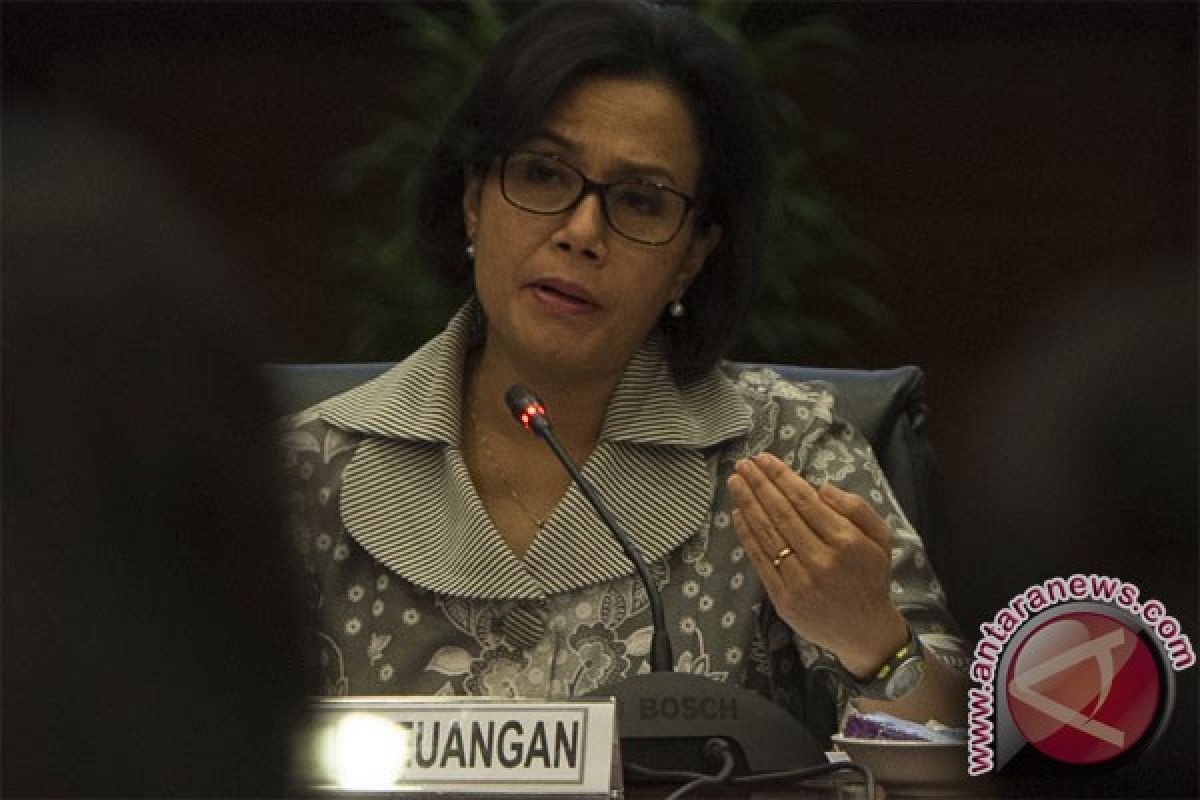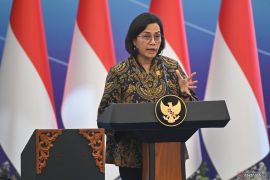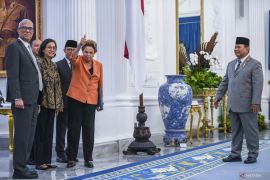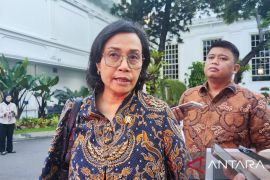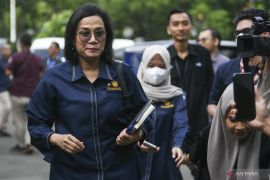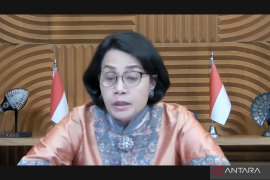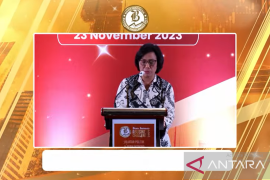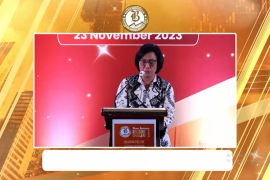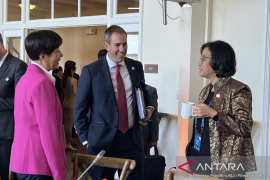We will continue to monitor it in terms of volume and prices."Jakarta (ANTARA News) - Global risk management through close monitoring of developments in the US and China would be the key to overseeing the performance of the countrys 2017 budget, Indonesian Finance Minister Sri Mulyani stated.
"We remain optimistic but must also be careful with regard to the global conditions," she remarked at a meeting with House Commission XI to evaluate the 2016 budget and national economic outlook in 2017 here on Wednesday.
The minister explained that the US has yet to outline a clear policy with regard to the protectionist program that President-elect Donald Trump had pledged to adopt during his campaign.
Mulyani said this could pose risks and create uncertainty, as there was a lack of clarity, and it would affect global trade and developing countries.
"The plans to ban US companies from relocating their operations overseas and to impose huge tariffs on imported goods would not only affect the US economy but also the world, as its market has been the source for developing countries," she pointed out.
The minister stated that the plans to reduce international trade cooperation could also affect conditions in China and Indonesia, which have, so far, been its main trade partners.
"In connection with China, the impact will be visible through tax receipts from export-import activities and import duty. We will continue to monitor it in terms of volume and prices," she emphasized.
Other risks are linked to the Feds plan to adjust its reference rate in 2017, which needs to be anticipated carefully, she noted.
"If the Fed witnesses growth in the US economy and inflation, it would raise its interest rate, as it had forecast thrice this year," she stated.
Mulyani said she believes that the combination of the US trade policy and fiscal can raise inflation and the prices of global commodities, which in turn can affect the nations economic performance.
In the 2017 national budget, the Indonesian government has set the assumptions for economic growth at 5.1 percent; inflation, at four percent; the three-month rate of state securities, at 5.3 percent; and the exchange rate of Rp13,300 against the US dollar.
The Indonesia Crude Price has been set at US$45 per barrel; oil lifting, at 815,000 barrels per day; and gas lifting, at 1,150,000 barrels of oil equivalent per day.
"I consider the three-month rate of SPN (state securities) to be the riskiest, as it will increase higher in the US, while on the other hand, we have assumed it to remain lower. Hence, this is what we must evaluate again. We have urged the Directorate General of Financing and Risk Management to monitor it," she added.
(Reported by Satyagraha/Uu.H-YH/INE/KR-BSR/A014)
Editor: Priyambodo RH
Copyright © ANTARA 2017
